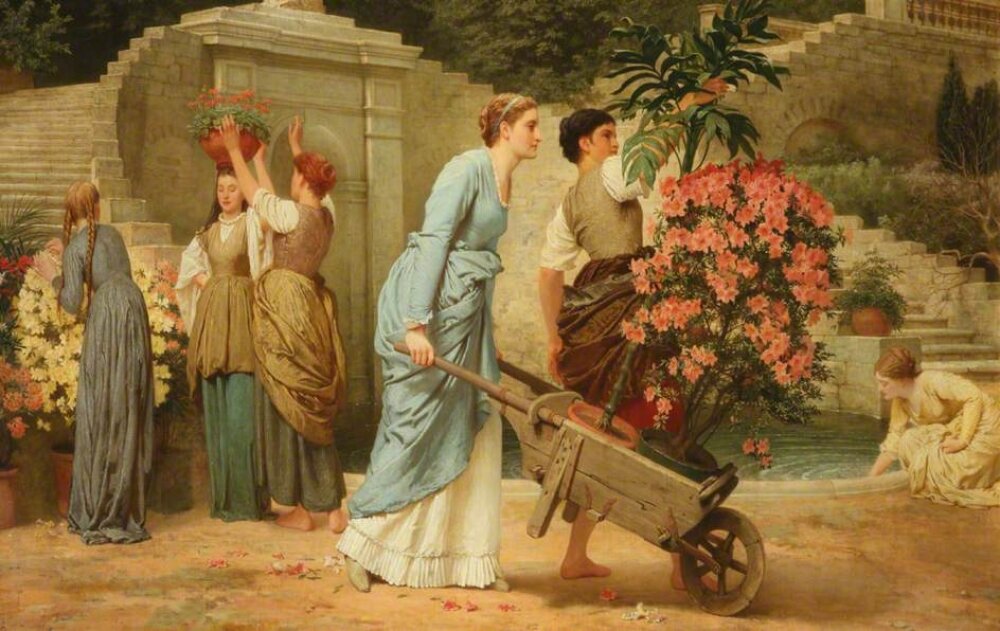Jan van Beers, Portrait of a Young Woman
A ruthless rector’s daughter lets nothing interfere with her social and material ambition.
Here is yet another novel by that most unjustly neglected of unjustly neglected novelists, W.E. Norris (see Novels 002, 054, 104). This one features an amusingly bad anti-heroine.
“A capital sketch . . . of some phases of modern English life . . . told in an admirable way. . . . Since Thackeray wrote, no British novelist, Trollope and one later writer excepted, present such amusing and delicate social cynicism, such fidelity to human nature, or handle such a diamond pointed pen when holding up the weakness and folly of mortal man.” Independent, September 30, 1886
“Mr. Norris does not crowd his canvas, his presentment of life is veracious and sober, his environment is clearly, often brilliantly, delineated, his characters are persuasively human and unheroic.” Saturday Review, October 16, 1886
“To those who appreciate finished style, quietly cynical humour, and consistent art in the rapid delineation of varied character, it can hardly fail to afford a treat.” Observer, December 26, 1886
Download this week’s novel:
v.1 https://archive.org/details/myfriendjim01norr
v.2 https://archive.org/details/myfriendjim02norr




















